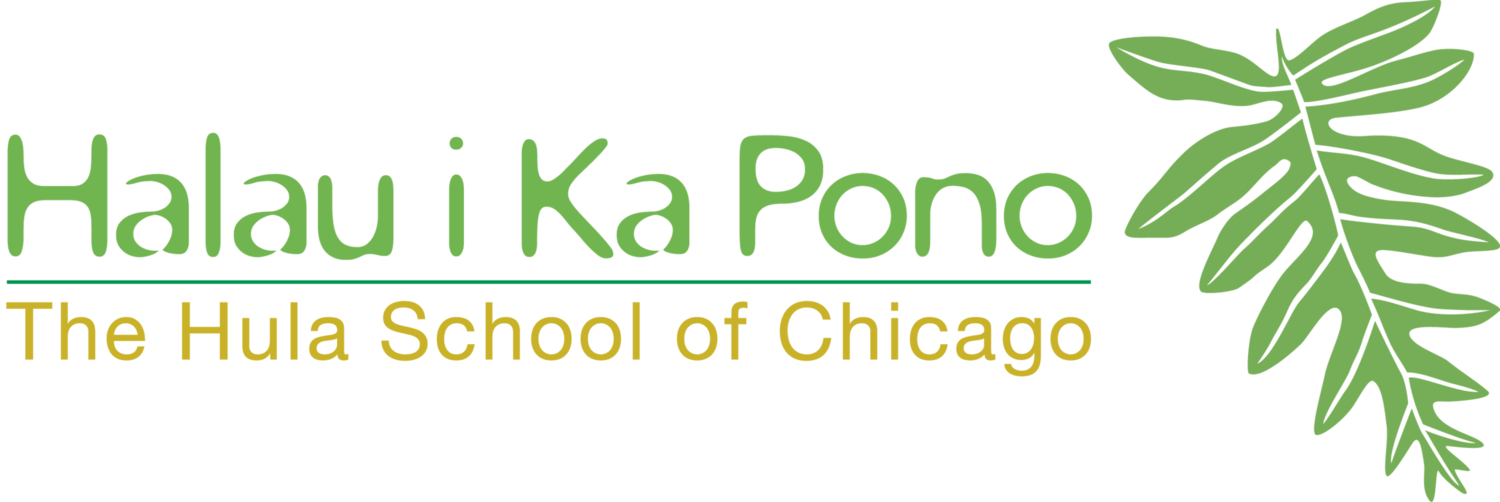“He lani i luna, he honua i lalo.
Heaven above, earth beneath.
Said of a person who is sure of his security.
The sky above him and the earth beneath his feet are his.”
“If my mind is weak, even a minor difficulty is oppressive.”
June Kaililani Ryushin Tanoue and Henry Edward West
I’m really getting to appreciate my sitting meditation practice. I’ve just completed a 3-day intensive meditation practice period. They are an important way that I get my mind in shape much like physical practice is for my body.
Meditation helps me in many ways. It balances me from being mostly in my brain to equally being in my body. It helps me cultivate my attention by sitting with a focus on my breath. I notice thoughts arising, let them go and return to my breath. I do this over and over again. Like hula, it’s a continuous practice for me.
Our quality of attention is everything. A focused attention helps me know that my two feet are firmly planted on the honua (earth). Focus is also very important when dancing hula. Sometimes I forget and get stuck in my head. It’s very evident in hula when that happens. You’re just off and can’t dance very well.
Another clue that alerts me when I’m stuck is noticing when I’m feeling down on myself - ie I’m not a good writer, not a good communicator, not a good human - the list can be endless. I feel overwhelmed and I’m complaining, blaming and judging others or myself.
Shantideva, the brilliant 8th century Buddhist monk and scholar talks about the destructive habit of despair in the face of hardship. He says, “If there is a solution [to your problem], then what is the point of dejection? What is the point of dejection if there is no solution?” The text goes on, “There is nothing desirable in the state of dejection.”
Zen teacher Norman Fischer comments on Shantideva’s quote saying, "if you respond to difficulties primarily with depression and lamentation, with feelings of dejection or claims of unfair victimization, you will simply be wasting your time and deepening the wound. For if something can now be done about the problem, get busy, do something constructive. And if this happens to be an unavoidable situation, one completely beyond your control, there is still no point in wallowing in dejection - find some path of human well-being that you can control and get back into the movement of life. Overindulgence in the emotions of loss brings about further loss."
Meditation is a body practice that bears witness without judgement to whatʻs going on inside. It’s a practice of kindness. When I notice that my body feels tight and my vision narrows thatʻs another clue that I’m stuck. So, what to do?
It takes a certain amount of courage to sit with uncomfortable feelings in the body. My usual mode is to distract myself from the anxiety in an effort to end the uneasiness. But that generally doesn’t end well and I find I only feel worse later. Meditation is a practice of courage.
During the 3-day practice period, I tried bearing witness to anxiety that I noticed from time to time in my body. It was quite subtle, but it was there - a tenseness in my throat and tenseness in my shoulders. I brought my attention to this feeling, gently and just breathed with it. I didn’t try to fix anything or figure something out. I just “hung” out with the feeling for maybe a minute or so and noticed that after a little while, it just disappeared. I was giving myself loving kindness by just being with my feelings and breathing.
Bearing witness is a unique practice of staying, not judging or having to change or fix anything. It’s staying steady and just breathing with challenging situations. It’s a practice of opening my heart. The more I meditate, the easier it gets.
So if you’ve never meditated before and want to do something about an unruly mind, I encourage you to try it, preferably with a good teacher. While a simple practice, it can be quite hard to do regularly. And if you know how to practice but have stopped, I hope this letter encourages you to begin again. Meditation can be a powerful antidote to a weak mind.
Happy Chinese New Year of the Pig!!!
Malama pono (take good care of body, mind and heart),
June Kaililani Ryushin Tanoue
Kumu Hula and Sensei


